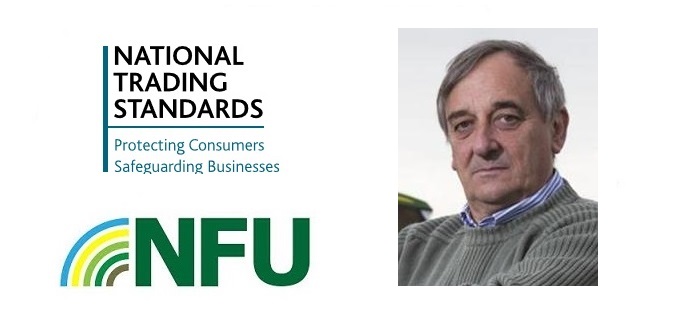The use of “fake” farm branding by retailers on some food products is now the subject of a formal complaint, lodged with National Trading Standards by the National Farmers Union (NFU).
Having already complained about the issue in March this year, though media statements, the union has now concluded that the use of “fake” farm labels can be misleading for shoppers resulting in them being at risk of mistakenly buying a product that differs from the product they thought they were buying.
The union also considered the results of a survey it commissioned which showed that at least three in five respondents said they viewed the farm products in question as either “definitely” or “probably” British. The NFU believes consumers would therefore feel “misled” if this was not the case and they were told that the product could be from another country.
“Our legal team has looked at this carefully and as a result we are asking Trading Standards to look at whether ‘fake’ farm branding complies with the relevant legal requirements,” said NFU president, Meurig Raymond (pictured above).
The union added that the most recent and high profile example involved Tesco’s use of fictional brand names such as “Woodside Farms” and “Boswell Farms”,
“I have spoken to senior management at Tesco to highlight our members concerns about the use of these fake farm brands,” said Mr Raymond, “and urge all retailers to consider seriously the results of our survey which show that mixing imported product with British product under the same fictional farm name can be misleading to many of their customers.
“I am pleased that Aldi has now made a commitment to only source British product in their fictional farm brands by the end of March 2017.
“British farming is proud of its high standards and the NFU would be delighted to work with retailers to ensure that customers are given clear and unambiguous information about where their food comes from.”


